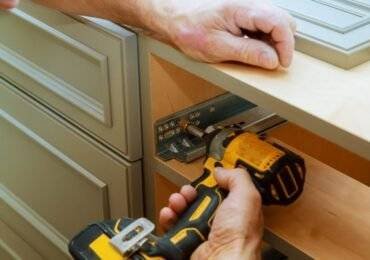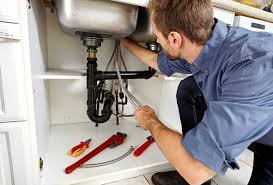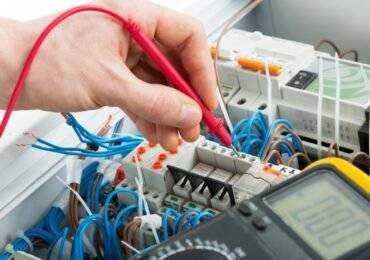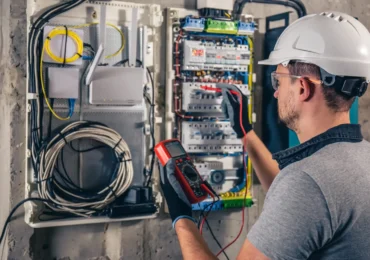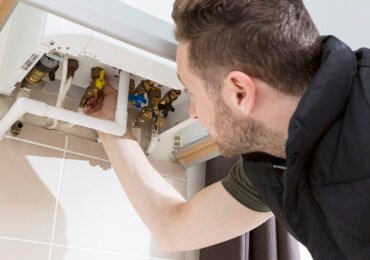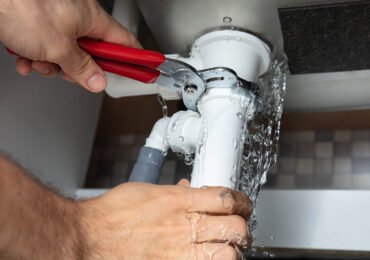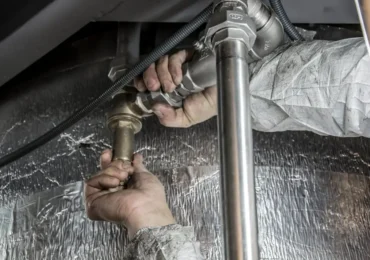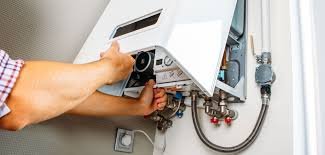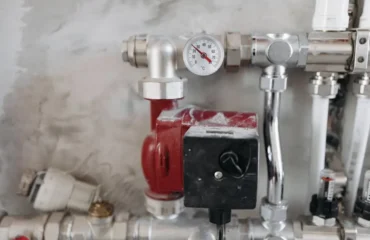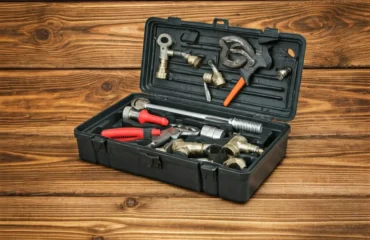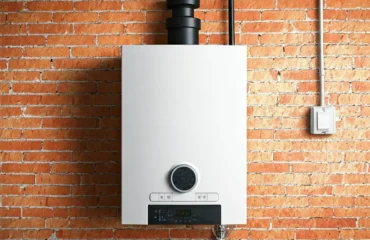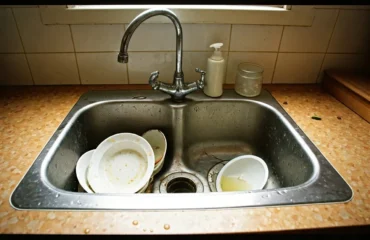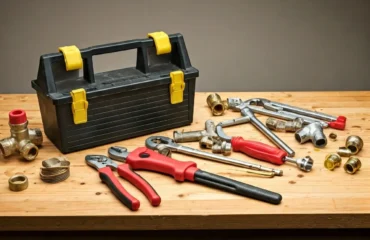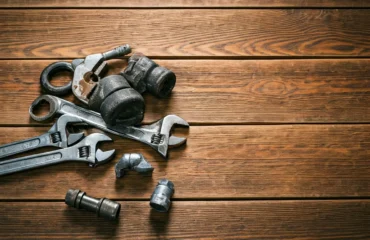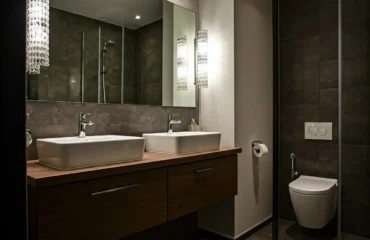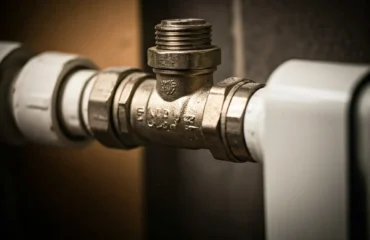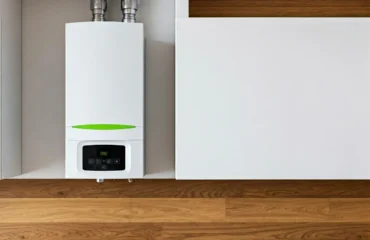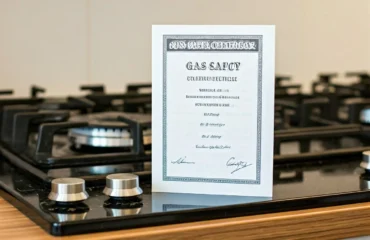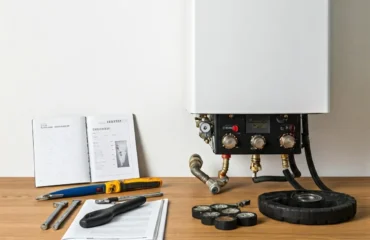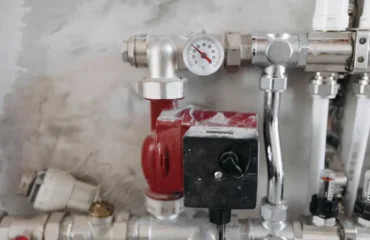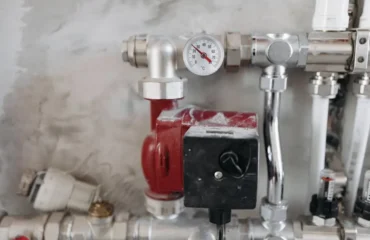Glasgow Plumbers Your Trusted Local Experts
Glasgow Plumbers Your Trusted Local Experts
Glasgow Plumbers Your Trusted Local Experts
General Plumbing Maintenance
Leaky faucet? Clogged toilet? We got you covered with our wide range of plumbing maintenance services.
24/7 Emergency Plumbing Service
No matter the time or day are on call to serve you. It is a paradisematic country, in which roasted parts.
Drainage Solutions
Unblock and repair drains quickly with our expert drainage services.
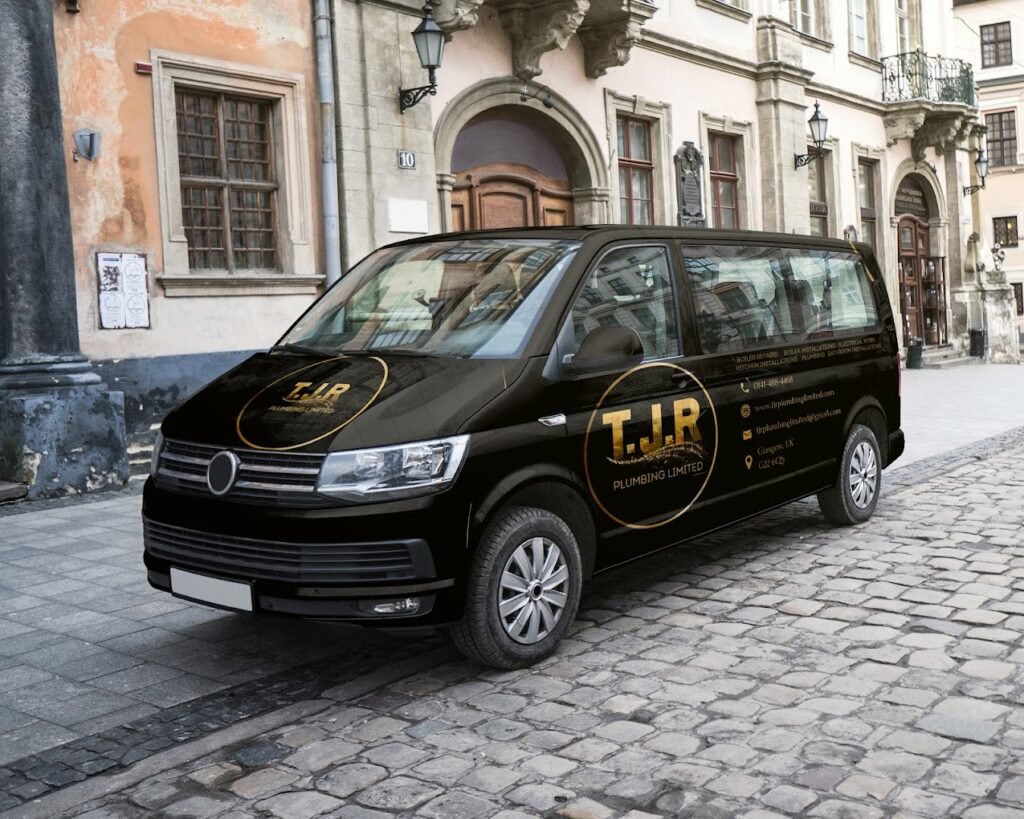
Welcome to Glasgow Plumbers – Your Trusted Local Experts
At Glasgow Plumbers, we are dedicated to providing fast, reliable, and affordable plumbing services for both residential and commercial properties. Whether you’re dealing with an emergency, need routine maintenance, or planning a major installation, our team of licensed and experienced plumbers is here to help.
We understand how stressful plumbing issues can be, which is why we go above and beyond to deliver exceptional service that exceeds your expectations. Our team is equipped with the latest tools and techniques to handle all types of plumbing challenges. Whether it’s a clogged drain, a malfunctioning boiler, or a complete plumbing overhaul, we take pride in offering long-term solutions.
Quality Service is Our Guarantee
We offer a wide range of plumbing services catered to both residential and commercial clients. Even the all-powerful Pointing has no control about the blind texts.
Our Testimonials
EXCELLENTTrustindex verifies that the original source of the review is Google. Great services and quick work with a reasonable prices Thanks guysTrustindex verifies that the original source of the review is Google. Had a problem with the cistern in the toilet. Tahir, the plumber sent to fix it was polite, friendly and efficient. I am very pleased with his work.Trustindex verifies that the original source of the review is Google. Absolutely I will strongly recommend I got a service with a reasonable price and the guys got the problem quickly sorted All the best guysTrustindex verifies that the original source of the review is Google. Einfach der HammerTrustindex verifies that the original source of the review is Google. Thanks for TJR it’s absolutely the best I had it the quality was amazing it didn’t take long aswell price was decent the guys are really friendly and helpful I advise everyone with it 👍🏻👍🏻👍🏻Trustindex verifies that the original source of the review is Google. Trustindex verifies that the original source of the review is Google. The young men are respectful, well-mannered, and work with integrity and perfection. I wish you success.Trustindex verifies that the original source of the review is Google. Trustindex verifies that the original source of the review is Google. Very nice job and so friendly Well done guysTrustindex verifies that the original source of the review is Google. TJR Glasgow Plumbers did a super job. Their quote was very good and their advice was excellent. Amazing communication and swift and professional work. I would very much recommend them.Verified by TrustindexTrustindex verified badge is the Universal Symbol of Trust. Only the greatest companies can get the verified badge who has a review score above 4.5, based on customer reviews over the past 12 months. Read more
Plumbing FAQs
What plumbing services do you offer?
We provide a wide range of plumbing services, including:
- Emergency plumbing repairs
- Boiler installations and repairs
- Central heating system servicing
- Drain cleaning and unblocking
- Bathroom and kitchen plumbing
- Underfloor heating installation
- Gas safety checks
Are you available for emergency plumbing services?
Yes! We offer 24/7 emergency plumbing services in Glasgow. Whether it’s a burst pipe, a leaking boiler, or a clogged drain, our team is always ready to respond quickly and efficiently to your plumbing emergencies.
Do you offer free quotes?
Yes, we provide free, no-obligation quotes for all our plumbing services. After assessing your plumbing issue, we’ll give you a clear estimate of the work required and the cost involved.
How quickly can you respond to a plumbing emergency?
We aim to respond to all plumbing emergencies within 1-2 hours. Our team is located in Glasgow, which allows us to reach you quickly no matter where you are in the city.
Are your plumbers qualified?
Absolutely! All our plumbers are fully licensed and certified, ensuring high-quality service and compliance with the latest plumbing standards and regulations.
Can you install new boilers?
Yes, we specialize in boiler installations, from modern condensing boilers to high-efficiency models. We also provide ongoing maintenance and repairs to ensure your boiler runs smoothly.
What areas do you serve?
We proudly serve Glasgow and the surrounding areas. Whether you need help in the city center or the outskirts, our team is ready to assist you.
Ask us a Question
Our Latest Blogs
Quality Plumbing is what we do!
Interested in any of our plumbing services? Contact us to make an appointment and well get your repairs started!


